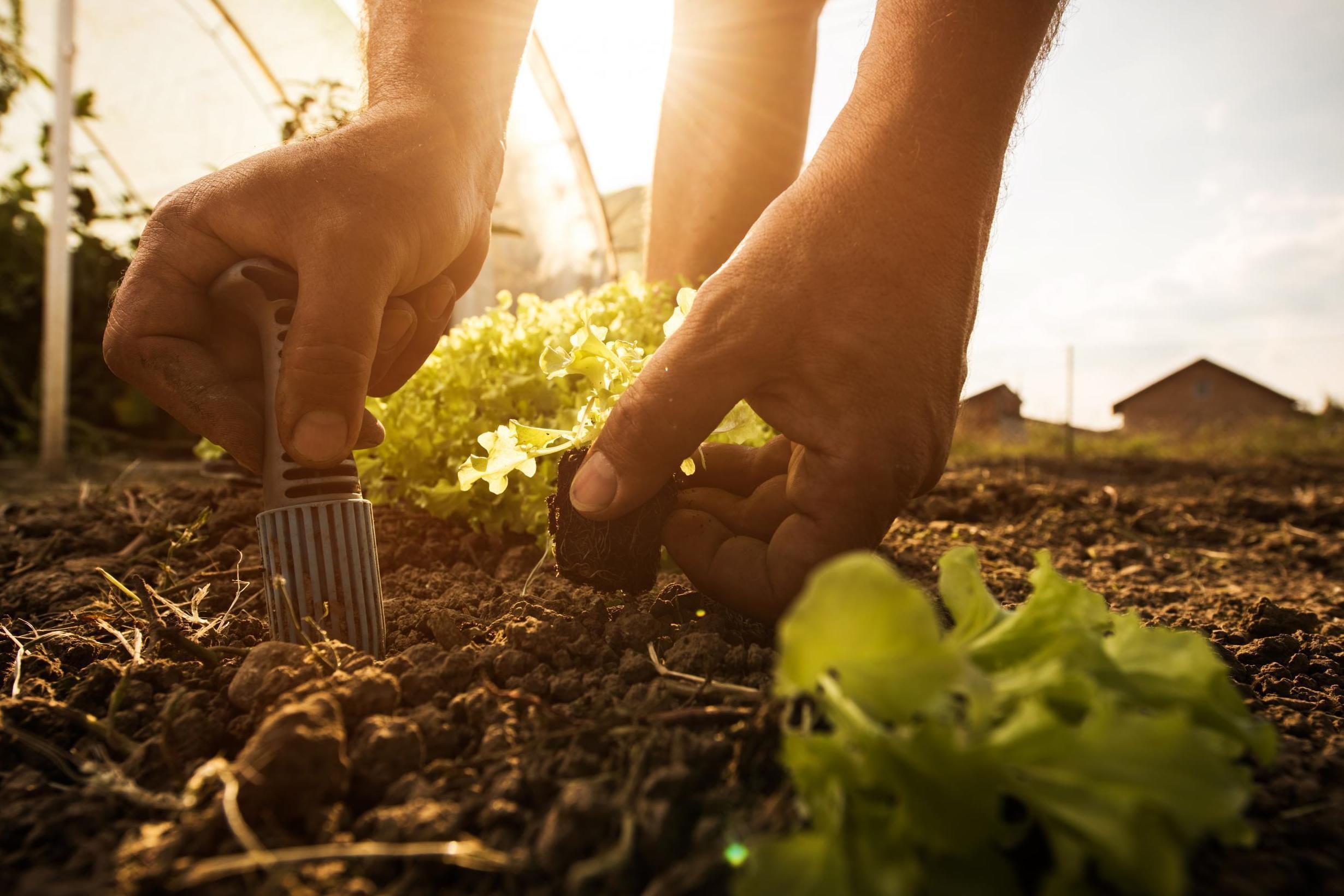If America went vegan an additional 350 million people could be fed, study suggests
The switch would also impact health, food loss, and greenhouse gas emissions

Your support helps us to tell the story
From reproductive rights to climate change to Big Tech, The Independent is on the ground when the story is developing. Whether it's investigating the financials of Elon Musk's pro-Trump PAC or producing our latest documentary, 'The A Word', which shines a light on the American women fighting for reproductive rights, we know how important it is to parse out the facts from the messaging.
At such a critical moment in US history, we need reporters on the ground. Your donation allows us to keep sending journalists to speak to both sides of the story.
The Independent is trusted by Americans across the entire political spectrum. And unlike many other quality news outlets, we choose not to lock Americans out of our reporting and analysis with paywalls. We believe quality journalism should be available to everyone, paid for by those who can afford it.
Your support makes all the difference.Turning America into a vegan nation would keep millions of Americans from going hungry each year, according to new research.
Of the 327 million people living in America, over 41 million will experience hunger at some point during the year, says the US Department of Agriculture.
However, according to a new study published in the Proceedings of the National Academy of Sciences, switching to a plant-based lifestyle would allow the nation to feed all 327 million Americans - plus roughly 350 million more.
The new report analysed the potential of US farmland currently dedicated to raising cattle, pigs, and chickens - and the results may surprise some.
According to the research, if this land was used to cultivate plants instead of animals for slaughter, the land and US farmers could feed double the number of people they do now.
“Concurrently replacing all animal-based items in the US diet with plant-based alternatives will add enough food to feed, in full, 350 million additional people - well above the expected benefits of eliminating all supply chain food waste,” the study states.
To determine whether a plant-based approach would be beneficial to the nation, Ron Milo, a systems biology and sustainability researcher at the Weizmann Institute of Science in Israel and the author of the new study, and his team of researchers studied the eating habits and agricultural production of Americans in 2000 to 2010 - before identifying how to successfully remove animal-based protein and replace it with plant-based food that was “nutritionally comparable.”
In order for the study to reflect the realities of switching entirely to a vegan lifestyle and maintaining a level of health comparable to that of a regular diet, the researchers had to find replacement foods that provided the same calories, protein, fibre, vitamins, and minerals - without increasing fat or cholesterol.
Milo and his team were successful - and found if the nation replaced meat, dairy, and eggs with a “nutritionally equivalent combination of potatoes, peanuts, soybeans and other plants, the total amount of food available to be eaten would increase by 120 per cent.”
And not only would the change allow for millions more Americans to be fed, it would also have a huge impact on food loss - which is currently around 30 to 40 per cent of what farmers produce and “widely recognised as undermining food security and environmental sustainability,” according to the study.
A vegan America would also reduce greenhouse gas emissions, as the number of cattle would be significantly reduced and improve health for many Americans.
However, there would be some downsides - as previously pointed out by a study published last year.
If the nation were to make the switch to a plant-based lifestyle, “the supply of some important nutrients that we now get from animal products would decrease, including calcium, vitamins A and D, B12, arachidonic, eicosapentaenoic and docosahexaenoic fatty acids.”
While it would be difficult to convince an entire nation to give up meat, the benefits are worth considering it.
Join our commenting forum
Join thought-provoking conversations, follow other Independent readers and see their replies
Comments